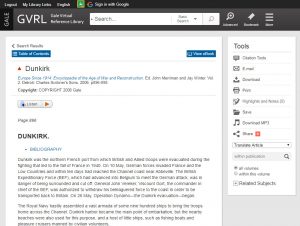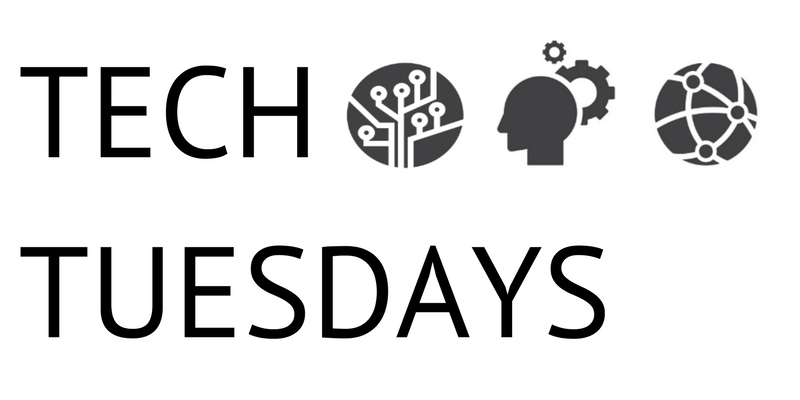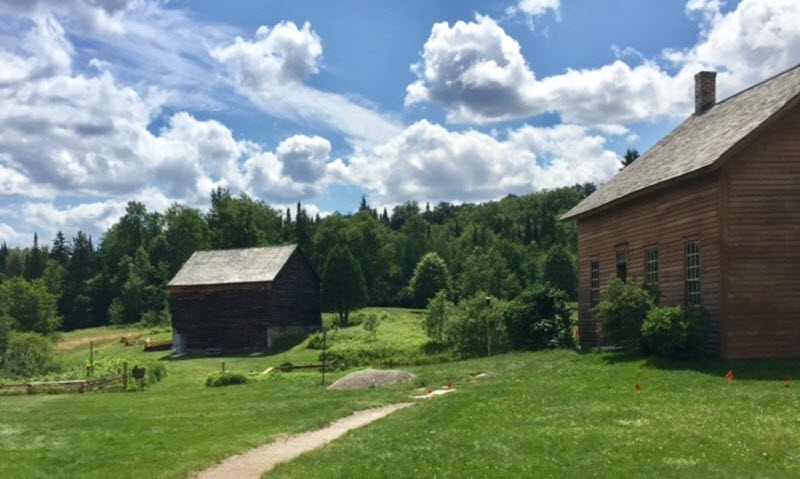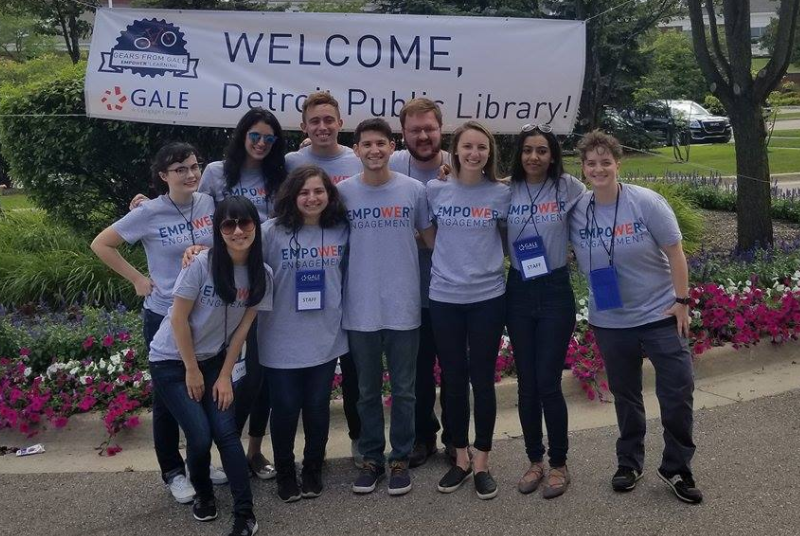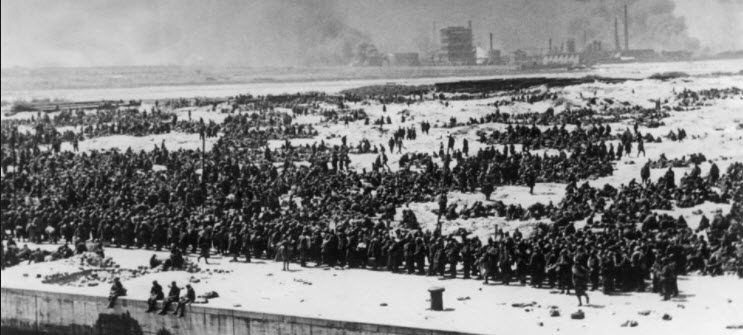| By Debra Kirby |
What does the release of the movie Dunkirk this weekend have to do with seeing my oldest daughter off to college? See below for the answer.
In the meantime, why not check out a few Gale eBooks on GVRL to bone up on this history changing event?
This brief overview is a good start:
